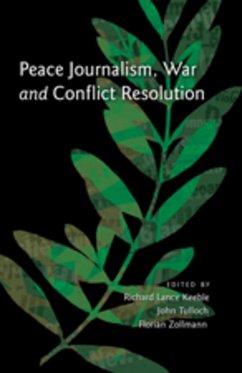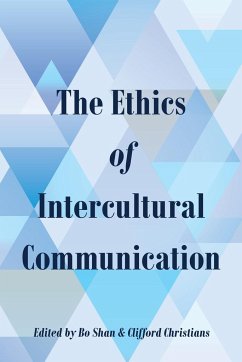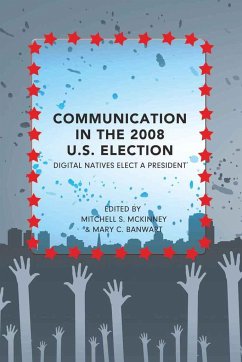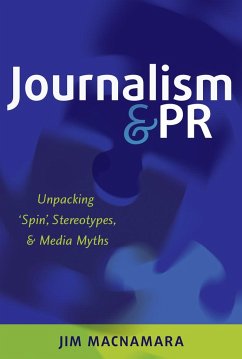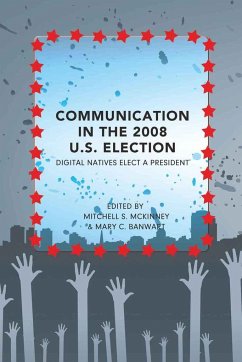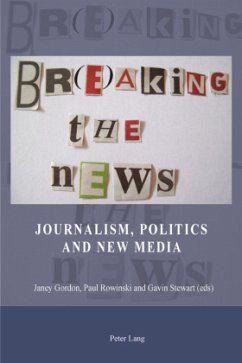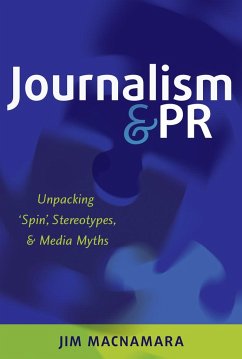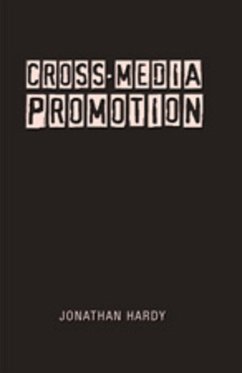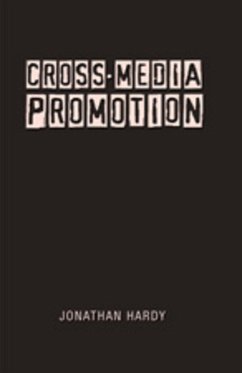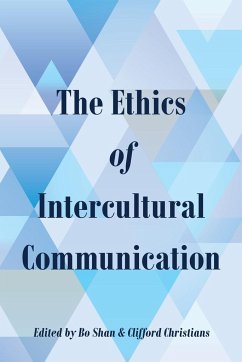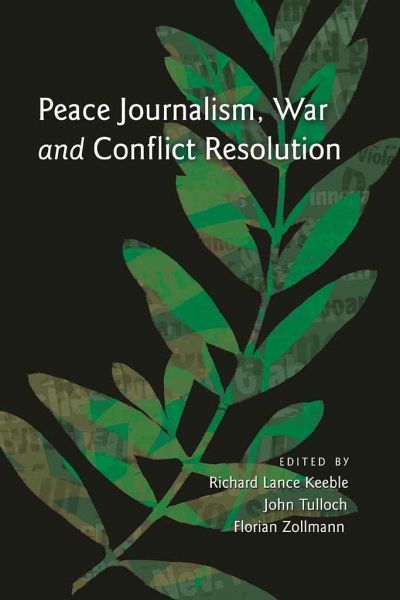
Peace Journalism, War and Conflict Resolution
Versandkostenfrei!
Versandfertig in 6-10 Tagen
145,20 €
inkl. MwSt.

PAYBACK Punkte
0 °P sammeln!
Peace Journalism, War and Conflict Resolution draws together the work of over twenty leading international writers, journalists, theorists and campaigners in the field of peace journalism. Mainstream media tend to promote the interests of the military and governments in their coverage of warfare. This major new text aims to provide a definitive, up-to-date, critical, engaging and accessible overview exploring the role of the media in conflict resolution. Sections focus in detail on theory, international practice, and critiques of mainstream media performance from a peace perspective; countries...
Peace Journalism, War and Conflict Resolution draws together the work of over twenty leading international writers, journalists, theorists and campaigners in the field of peace journalism. Mainstream media tend to promote the interests of the military and governments in their coverage of warfare. This major new text aims to provide a definitive, up-to-date, critical, engaging and accessible overview exploring the role of the media in conflict resolution. Sections focus in detail on theory, international practice, and critiques of mainstream media performance from a peace perspective; countries discussed include the U.S., U.K., Germany, Cyprus, Sweden, Canada, India, Pakistan, Papua New Guinea and the Philippines. Chapters examine a wide variety of issues including mainstream newspapers, indigenous media, blogs and radical alternative websites. The book includes a foreword by award-winning investigative journalist John Pilger and a critical afterword by cultural commentator Jeffery Klaehn.



